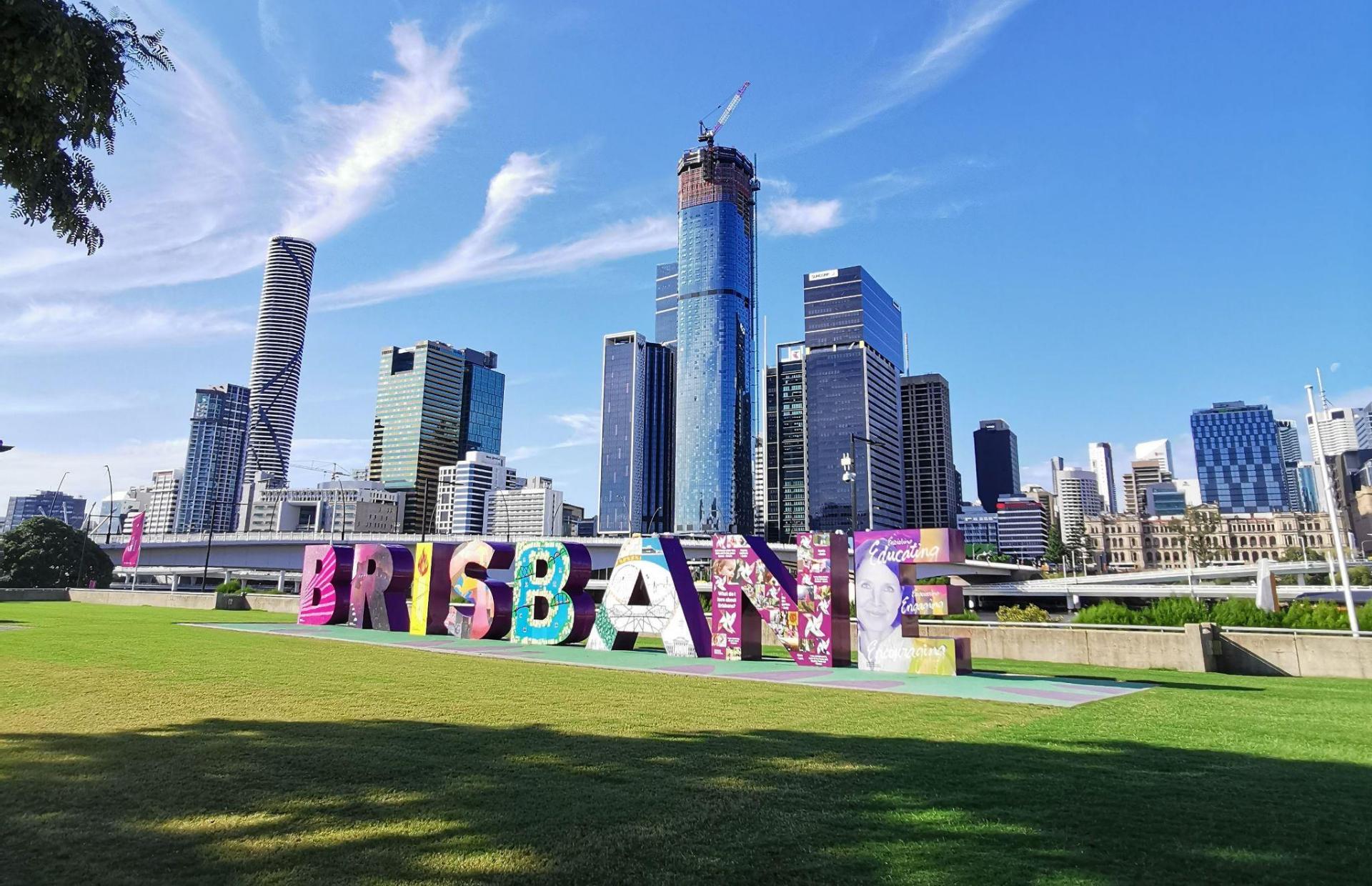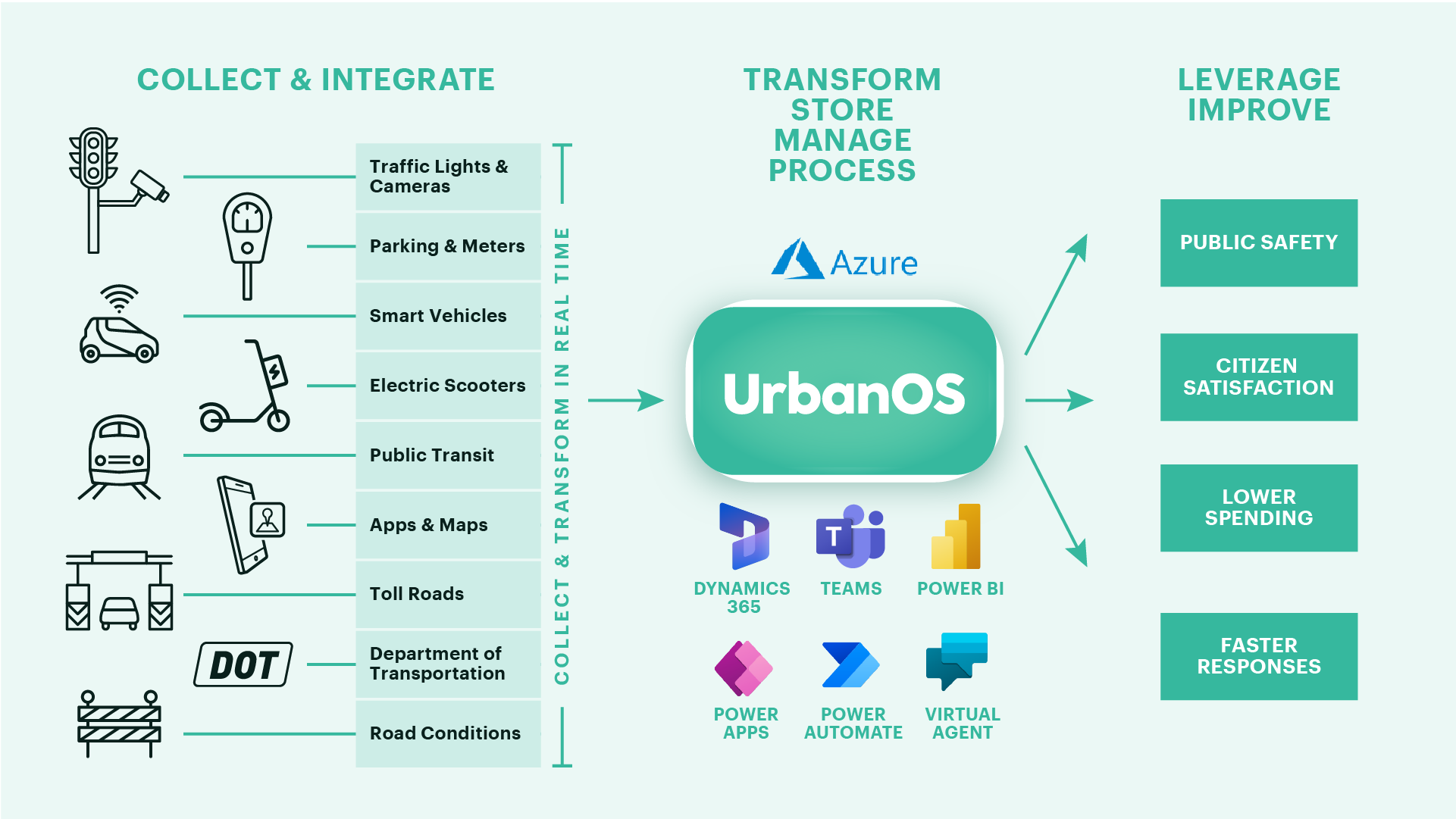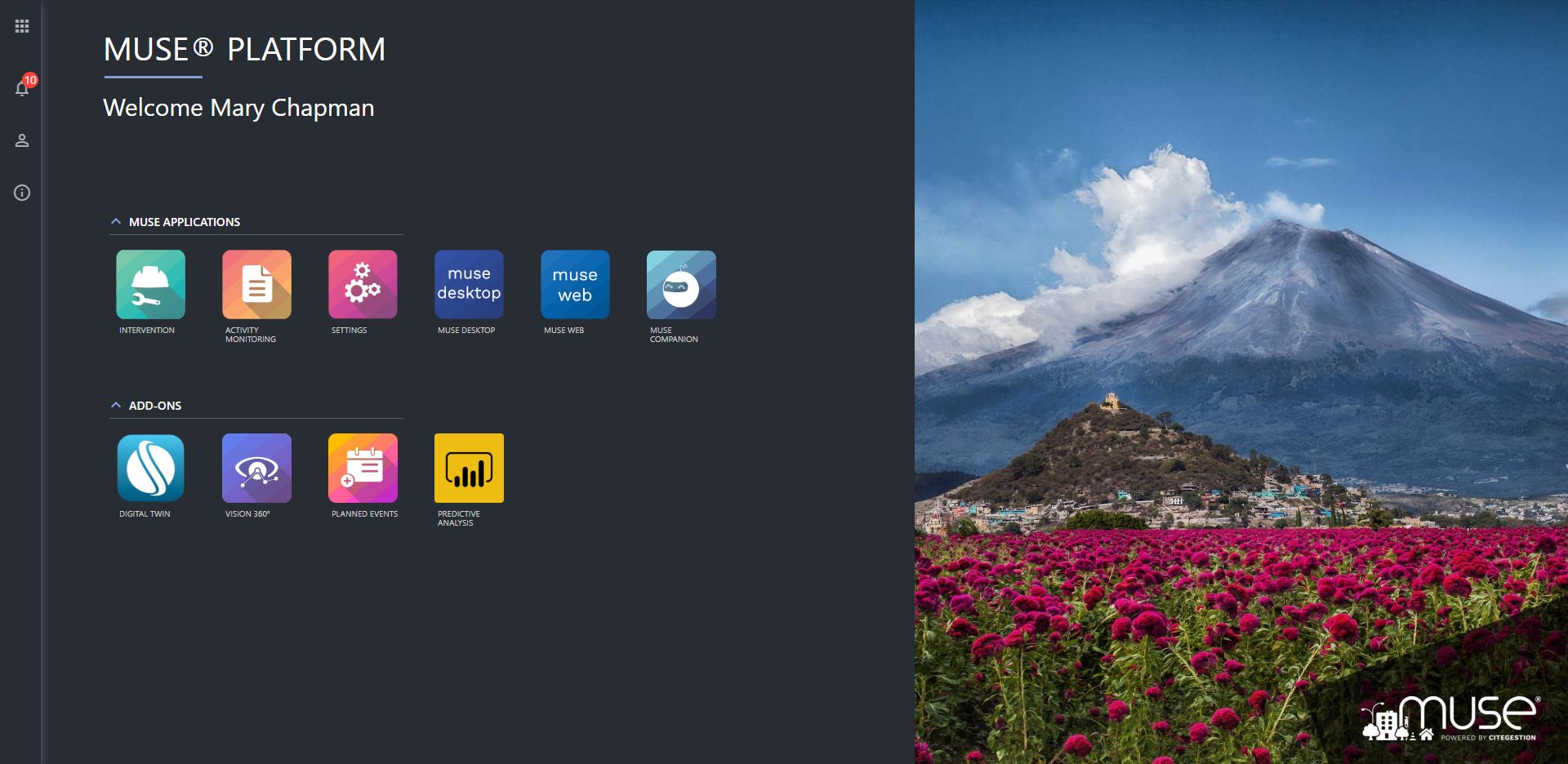Author | Jaime Ramos
This article was based on the work done by ASToN, a network of 11 African cities using digital tools to overcome local and global challenges
The African continent occupies a prominent position within the challenges and phenomena that will be defining for the future of the world in the coming decades. Although the particular features of Africa set the pace in terms of urban growth, there are areas that have successfully applied the principles of smart cities. Let’s discover some of them.
The awakening of the African smart city: importance and challenges
The convergence between smart urban solutions and the requirements of African cities is inevitable at this stage of the millennium. Firstly, because Africa is where the main demographic challenges are located and which the generations of the future will have to face. The population explosion forecast on the continent will mean that by 2050 one in four people will be living there.
It is the only region in which birth rates, far from stabilizing or dropping, will continue and eventually exceed 4 billion inhabitants before 2040. In terms of cities, the UN estimates that Lagos (Nigeria) will become the world’s sixth most populous city, exceeding 32 million inhabitants by 2050.
African cities need to create their own model
African cities are facing significant challenges. Lack of investment in infrastructures, chaotic urban management strategies or political instability are some factors affecting the complete development of what we know as smart cities, but this does not prevent some of its advantages reaching the administration and citizens, paving the way for substantial development later on.
There is a large gap between the expectations generated by smart urban solutions and the reality of its cities. A good example of this is in the cities of Ghana and the attempt by authorities to establish a digital system to give every urban property an address. In the capital, Accra, 62% of the population refused to contribute to the project, either due to lack of digital resources, or due to distrust, among others.
Smart city success stories in Africa
There are examples that show the value of some strategies that have been implemented successfully. In fact, it provides some unique advantages for their cities such as a young population, high rates of urbanization, and the possibility of applying state-of-the-art technology without having to adapt older models. Below are some specific strategies implemented as part of the African Smart Towns Network (ASToN).
Rwanda’s digital government
Irembo is a simple but effective digital governance app. Rwandan authorities have connected the government and the population thanks to a web-based platform that allows citizens to perform a number of basic services.
However, the main aim was not to create advanced technologies, but rather to work on integrating people, particularly those in rural areas. They focused on providing digital literacy training and facilitating access to technology. At the moment, Irembo is still gaining users with between 200,000 and 300,000 transactions each month.
Smart governance applied to transport in Niamey

In Niamey, the capital of Niger, the focus is on the digitalization of public transport management to solve the chaos that has two negative consequences: worryingly high road accident rates and an administrative system decimated by corruption. The aim of the project is to digitalize and unify administrative procedures related to the issuance of licenses or the management of public transport services.
These two last examples share the framework of action of the ASToN network, with a further nine programs on the continent. The projects, funded by the French Development Agency, focus precisely on not simply digitizing systems for the sake of it. Among its main priorities are the prior assessment of the context or applying innovations that adapt at a local level and which are effective and enable obstacles to be overcome.
Images | Wikimedia.commons/Francisco Anzola, Wikimedia.commons/Roland




















































